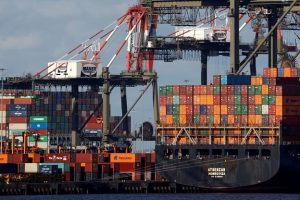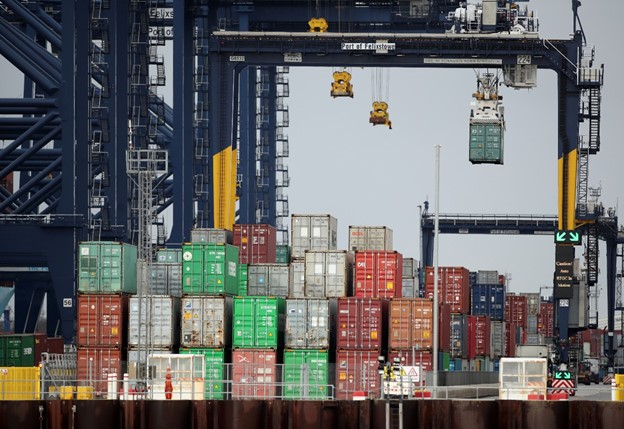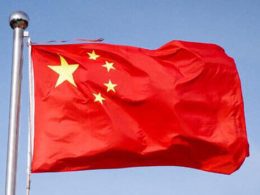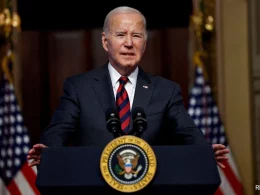Impact of Brexit on Trade Relations

The departure of the United Kingdom from the European Union, commonly referred to as Brexit, has had profound consequences on trade relations between the two entities. One of the most significant changes has been the alteration in tariffs. Prior to Brexit, the UK enjoyed tariff-free trade with EU member states as part of the single market. However, post-Brexit, the UK and EU had to renegotiate their trade terms, leading to the introduction of tariffs on certain goods. This change has inevitably affected the cost of goods, influencing trade volumes and the overall economic relationship.
Furthermore, the impact on supply chains has been substantial. Before Brexit, goods moved freely across the borders without the need for customs checks, allowing for seamless supply chain operations. Post-Brexit, the reintroduction of customs checks and the need for compliance with different regulatory standards have caused delays and increased costs. This disruption has forced businesses to rethink their supply chain strategies, often leading to a shift in sourcing and distribution patterns.
Customs and Tariffs Negotiations
The role of customs in the UK EU trade talks cannot be overstated. With the UK no longer a part of the EU customs union, customs checks have become a routine part of trade. This has resulted in longer transit times and increased administrative burdens for businesses. The need for customs declarations, compliance with rules of origin, and other regulatory requirements has added layers of complexity to trading activities, impacting the efficiency and cost-effectiveness of cross-border trade.
Tariff adjustments have been another critical area of negotiation. The Trade and Cooperation Agreement (TCA) between the UK and EU aimed to eliminate tariffs on most goods, but there are still sectors where tariffs apply. These adjustments are crucial as they affect the competitiveness of products in both markets. Negotiating favorable tariff terms is essential for businesses to maintain their market share and profitability in the post-Brexit era.
Regulatory Divergence and Alignment
Regulatory divergence has emerged as a significant issue in UK EU trade talks. With the UK now able to set its own regulatory standards, there is potential for divergence from EU regulations. This divergence can create barriers to trade, as businesses may need to comply with two sets of standards, increasing costs and complicating operations. For instance, differences in product standards, safety regulations, and environmental requirements can hinder the smooth flow of goods and services between the UK and EU.
Conversely, regulatory alignment is crucial for ensuring smooth trade relations. Aligning regulations helps to minimize trade barriers and facilitates easier market access. It is particularly important in sectors where safety and quality standards are paramount, such as pharmaceuticals and food products. Achieving a balance between regulatory sovereignty and alignment is a delicate task in the ongoing trade negotiations.
Trade in Goods and Services

Tariffs on goods have a direct impact on trade volumes and economic relations. The imposition of tariffs can make goods more expensive, reducing demand and affecting the profitability of businesses. In the context of UK EU trade talks, negotiating favorable tariff terms is essential to mitigate these impacts and ensure that trade remains robust. Both parties aim to minimize tariffs to foster a conducive trading environment.
The services sector, which includes financial services, legal services, and digital trade, is another critical area of focus. Services regulations can vary significantly between countries, and ensuring mutual recognition of qualifications and standards is vital for the seamless provision of services. The UK and EU need to establish frameworks that allow service providers to operate across borders without facing undue restrictions.
Fisheries and Access to Waters
Fisheries and access to waters have been contentious issues in the UK EU trade talks. The UK, having regained control over its waters, seeks to prioritize its fishing industry. However, EU member states also have historical fishing rights in these waters, leading to complex negotiations. Balancing the interests of both parties is challenging, as fishing rights are closely tied to the livelihoods of coastal communities.
The impact of these talks on fishing rights is significant. The outcome will determine the extent to which EU fishermen can access UK waters and vice versa. It will also influence the sustainability of fish stocks and the long-term viability of the fishing industry. Reaching an agreement that ensures fair access and sustainable practices is crucial for both the UK and EU.
Dispute Resolution Mechanisms
Dispute resolution mechanisms are essential components of any trade agreement, including the UK EU trade talks. These mechanisms provide a structured process for addressing trade disputes that may arise, ensuring that conflicts are resolved fairly and efficiently. The inclusion of robust dispute resolution frameworks helps to maintain trust and stability in trade relations.
The impact of dispute resolution on UK EU trade talks is profound. Effective mechanisms can prevent trade disruptions and provide a means for resolving issues without escalating tensions. They offer a legal framework for addressing grievances and ensuring that both parties adhere to the agreed terms. The establishment of such mechanisms is vital for the long-term success of the trade agreement.
Future Economic Cooperation

The UK EU trade talks will have a lasting impact on future economic policies. The terms agreed upon will shape the economic relationship between the UK and EU for years to come. These talks provide an opportunity to establish frameworks that promote economic cooperation, innovation, and growth. Both parties aim to create a conducive environment for businesses to thrive and for economic ties to remain strong.
There is also potential for new trade agreements to emerge from these talks. The UK, having regained its trade policy autonomy, can negotiate trade deals with other countries. The outcome of the UK EU trade talks will influence the UK’s approach to these negotiations and its ability to secure favorable terms. The potential for new agreements opens up opportunities for expanding trade networks and diversifying economic partnerships.
Conclusion
In conclusion, the UK EU trade talks encompass a wide range of complex and interrelated issues. From tariffs and customs to regulatory alignment and dispute resolution, each aspect plays a crucial role in shaping the future of trade relations between the UK and EU. The outcome of these negotiations will have far-reaching implications for businesses, consumers, and the broader economy, underscoring the importance of achieving a balanced and mutually beneficial agreement.












